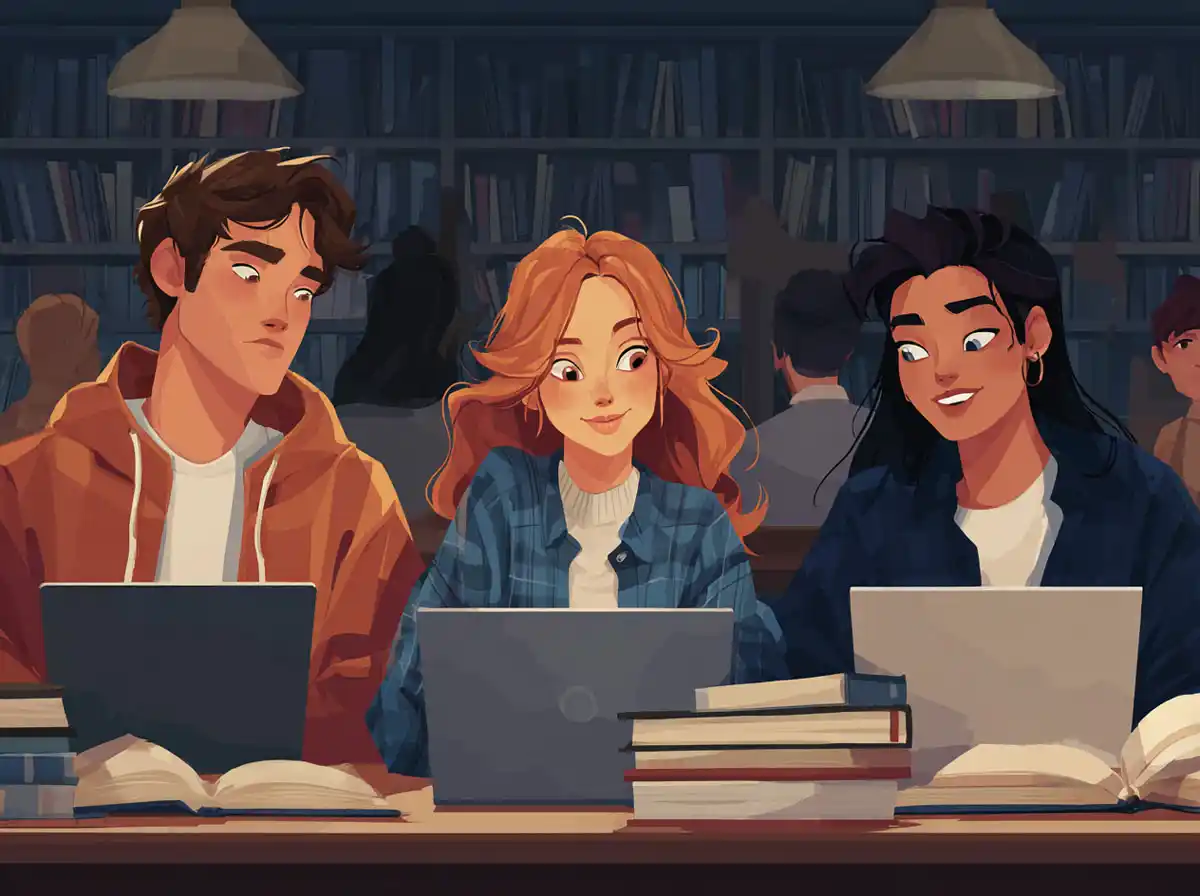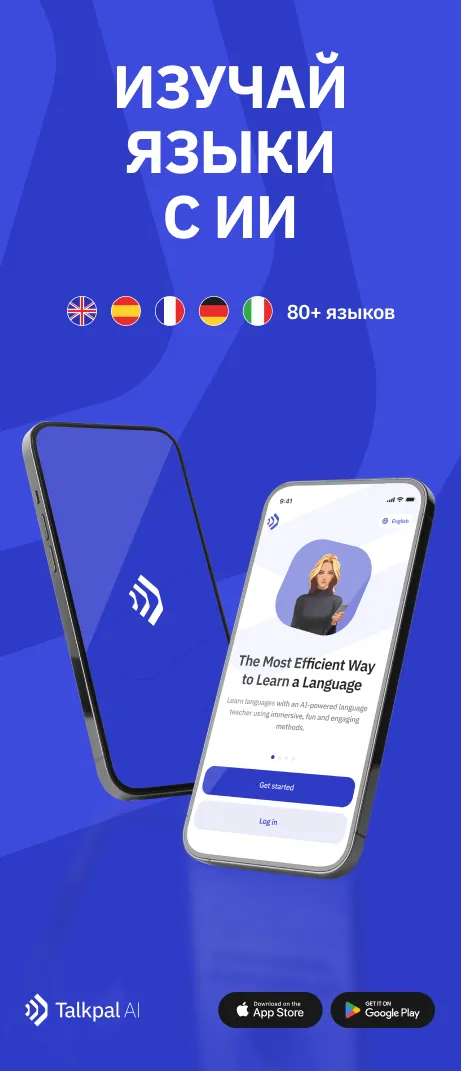Для закрепления материала мы предлагаем вам выполнить упражнения, состоящие из предложений на английском языке. Ваша задача – вставить пропущенные слова, выбрав правильную форму глагола в прошедшем простом или прошедшем длительном времени. Это отличная практика, которая поможет вам лучше понять различия между этими временами и научит вас грамотно использовать их в речи.
Exercise 1: Fill in the blanks with the Simple Past or Past Progressive forms of the verbs.
Last night, I *read* (read) a book when the lights *went* (go) out.
While she *was preparing* (prepare) dinner, her husband *arrived* (arrive) home early.
He *played* (play) the guitar while the others *sang* (sing) along.
I *was watching* (watch) TV when he *called* (call).
While we *were hiking* (hike), we *saw* (see) a beautiful sunset.
She *was talking* (talk) to her friend when she *tripped* (trip) over a rock.
They *danced* (dance) all night and *did* (do) not get tired.
What *were you doing* (do) when the earthquake *happened* (happen)?
The cat *was sleeping* (sleep) on the couch when the dog *barked* (bark).
While the teacher *was explaining* (explain) the lesson, the student *interrupted* (interrupt) with a question.
I *saw* (see) him as I *was leaving* (leave) the office.
She *finished* (finish) her work and then *went* (go) for a walk.
He *was writing* (write) an email when his computer *crashed* (crash).
They *were playing* (play) football when it *started* (start) to rain.
As I *was walking* (walk) through the park, I *met* (meet) an old friend.
Exercise 2: Choose the correct form of the verbs to complete the sentences.
Yesterday, she *went* (go) to the market and *bought* (buy) some fresh vegetables.
While they *were driving* (drive) to the theater, they *realized* (realize) they had forgotten the tickets.
My brother *found* (find) a rare coin while he *was walking* (walk) on the beach.
What *did* (do) you *do* (do) last weekend?
She *was reading* (read) a novel when I *saw* (see) her in the library.
The students *listened* (listen) attentively while the professor *was giving* (give) the lecture.
He suddenly *felt* (feel) sick while he *was jogging* (jog) in the morning.
When the phone *rang* (ring), she *was writing* (write) a letter to her friend.
It *was snowing* (snow) when we *woke up* (wake) this morning.
I *did not understand* (not understand) the joke that he *told* (tell) at the party.
The kids *were playing* (play) outside when dinner *was ready* (be ready).
She *did* (do) her best in the exam, which she *had studied* (study) for months.
We *were watching* (watch) a movie when the power *cut* (cut) out.
He *was hoping* (hope) to see her at the event, but she *did not show up* (not show up).
While I *was cleaning* (clean) the house, I *found* (find) a lost earring under the sofa.










